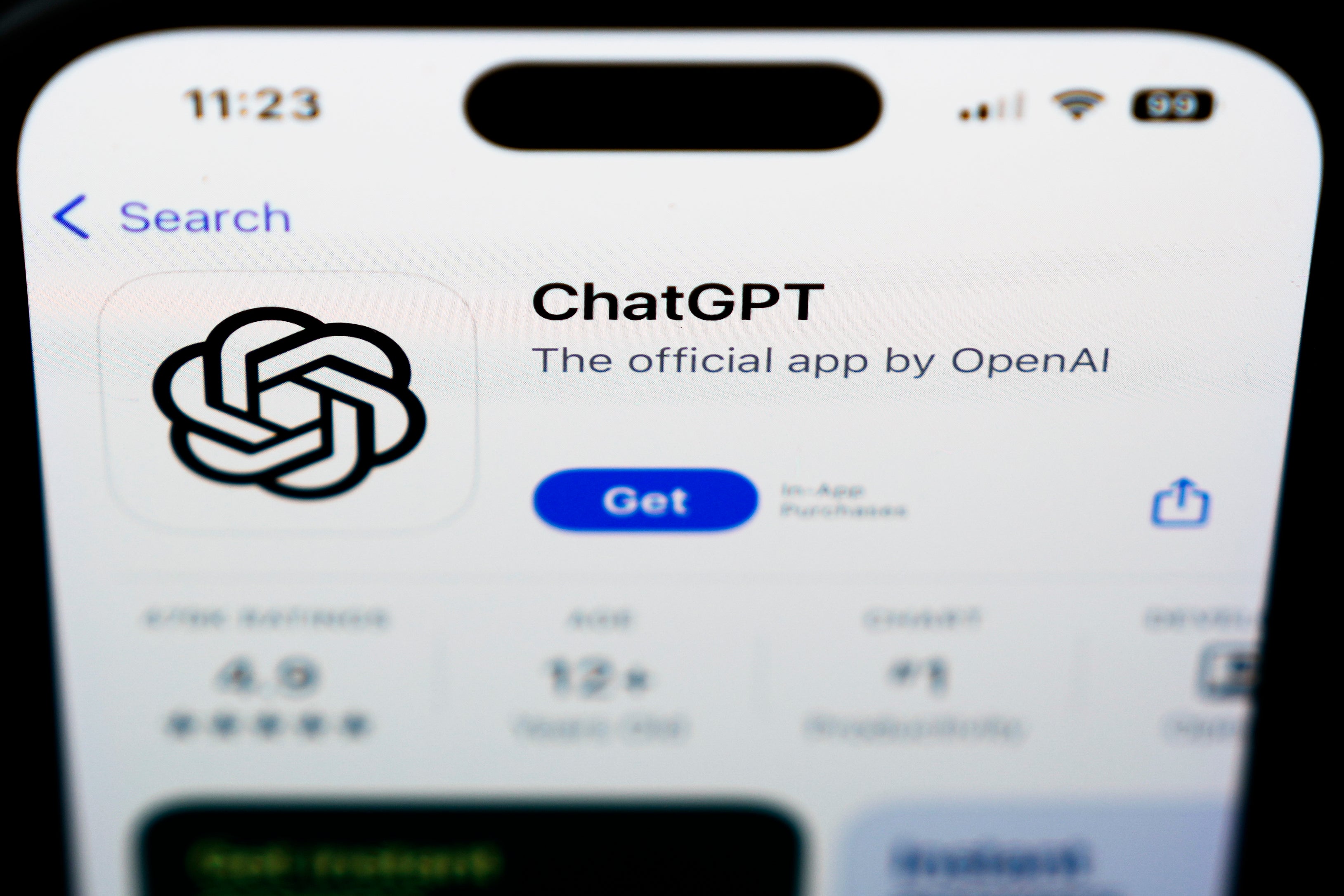Canadian news publishers suing ChatGPT developer OpenAI for copyright violation
A coalition of Canadian news publishers is taking legal action against OpenAI, alleging that the company has violated copyright laws by using news content from media websites to train its ChatGPT generative AI system. The publishers, including The Canadian Press, Torstar, The Globe and Mail, Postmedia, and CBC/Radio-Canada, claim that OpenAI has been "scraping large swaths of content" without permission or compensation.
Violation of Copyright
A set of images relevant to the content: 
The coalition asserts that news media companies invest significant resources into producing journalism, and their content is protected by copyright laws. By using this content without authorization, OpenAI is said to be capitalizing on and profiting from the work of others.
According to Paul Deegan, president of News Media Canada, AI companies like OpenAI are exploiting journalism for their own gain, while failing to compensate the creators of the original content. The lawsuit seeks damages and an injunction to prevent OpenAI from further using news content without permission.
Legal Implications
Legal experts believe that this case could have far-reaching implications for the regulation of AI technology and copyright laws. Lisa Macklem, a lecturer at King’s University College, highlights the importance of establishing clear guidelines for the use of generative AI in relation to copyrighted material.
A set of images relevant to the content: 
While the Canadian government is considering updates to copyright laws to address AI technology, industry stakeholders are calling for swift action to establish clear rules. Benjamin Bergen, president of the Council of Canadian Innovators, emphasizes the need for legislation to keep pace with technological advancements.
Regulatory Landscape
In 2023, the Canadian government passed the Online News Act, requiring major tech companies like Google and Meta to compensate news publishers for the use of their content. However, the implications of this legislation on AI systems remain a topic of debate.
As the legal battle unfolds, the Canadian Radio-television and Telecommunications Commission (CRTC) is tasked with interpreting and enforcing the Online News Act. The outcome of this case could have lasting effects on how AI technology is developed and regulated in Canada.
A set of images relevant to the content: 
Overall, the lawsuit against OpenAI represents a significant moment in the intersection of technology, copyright law, and journalism, with implications that extend beyond the borders of Canada.
This report by The Canadian Press was first published on Nov. 29, 2024.



















